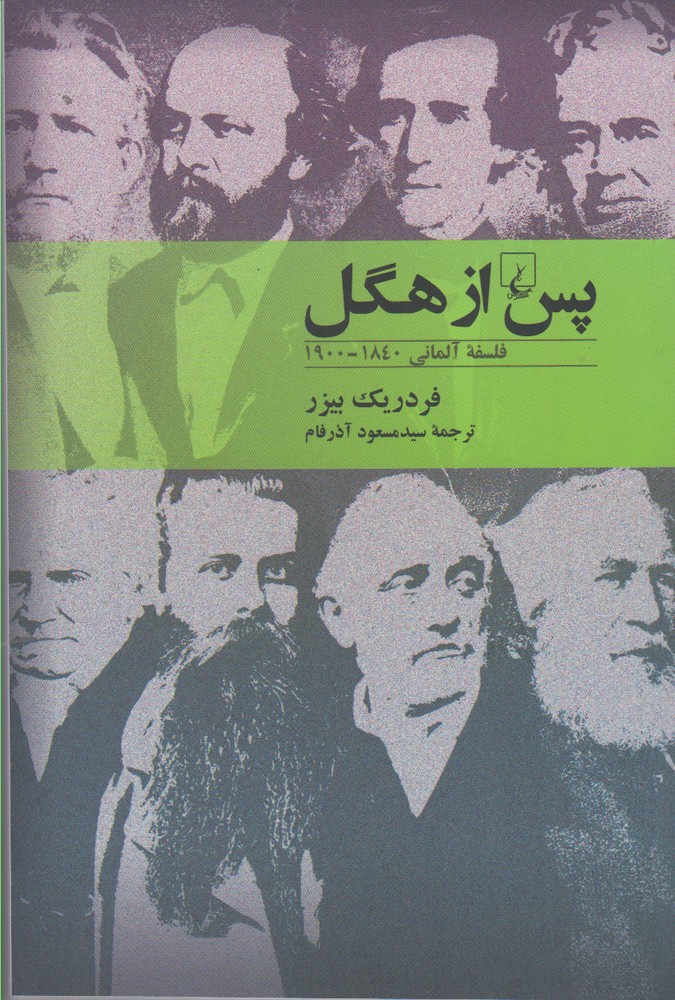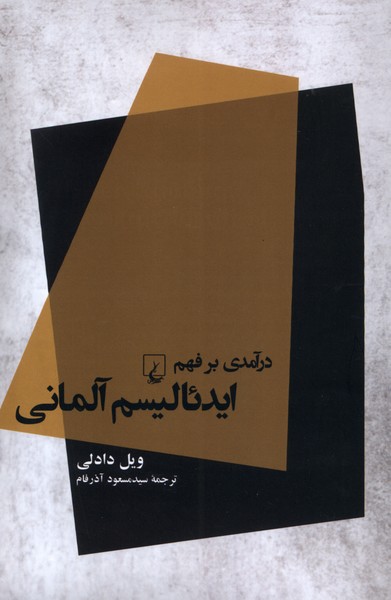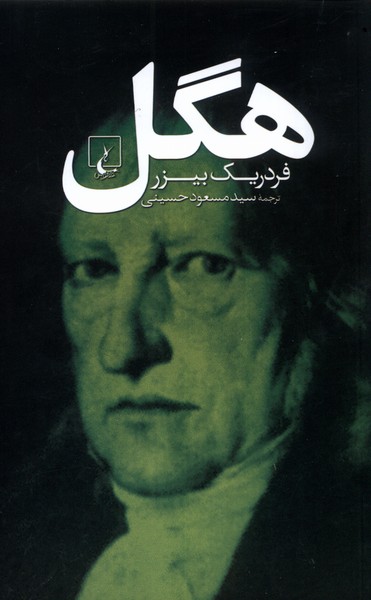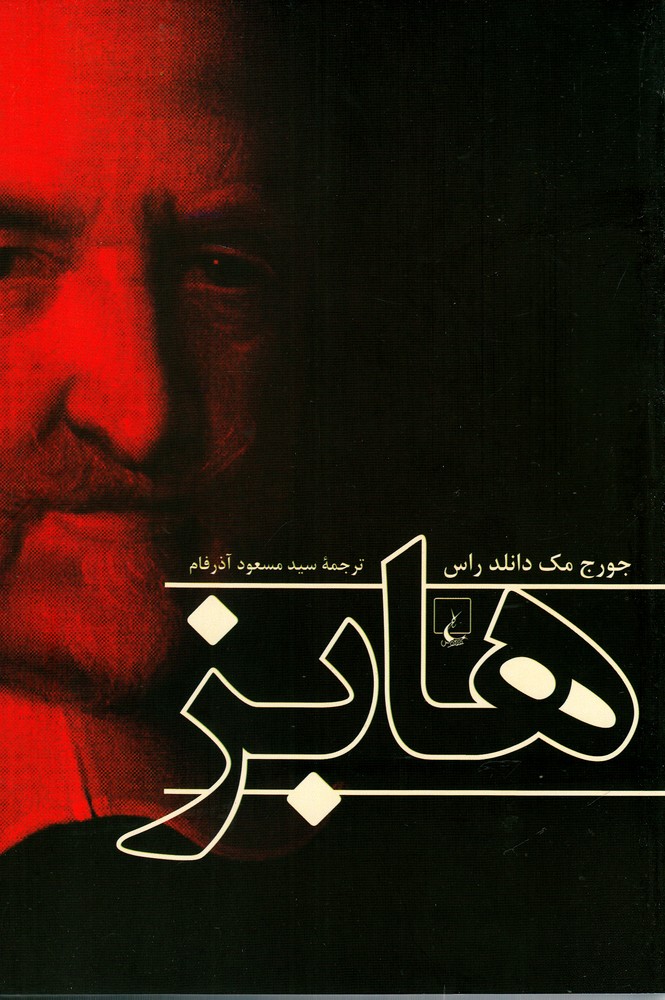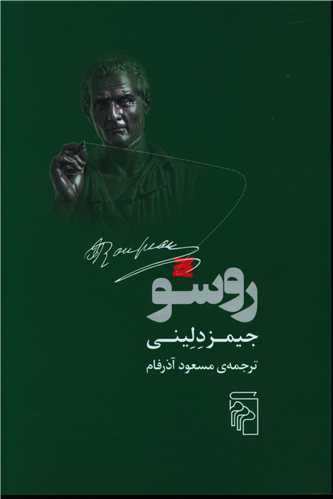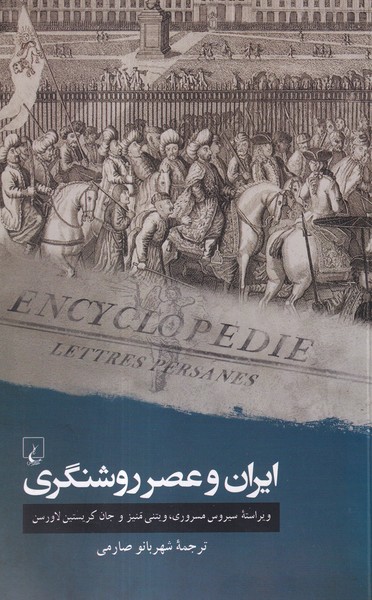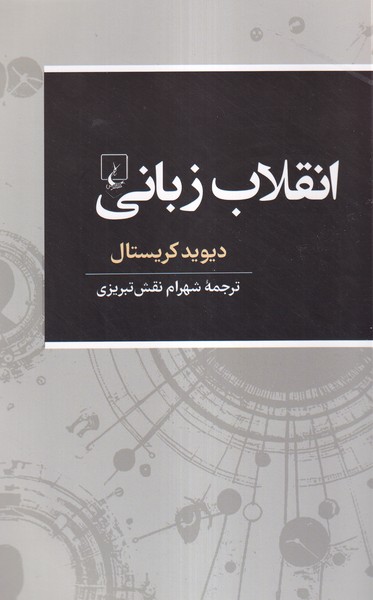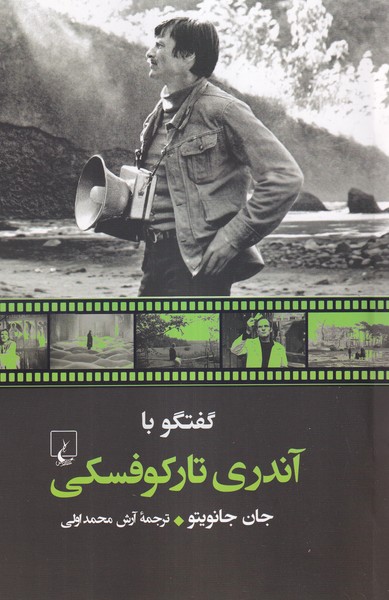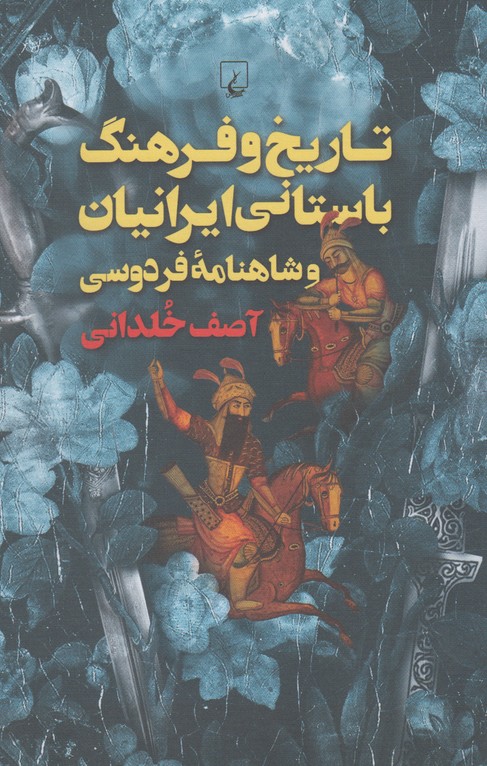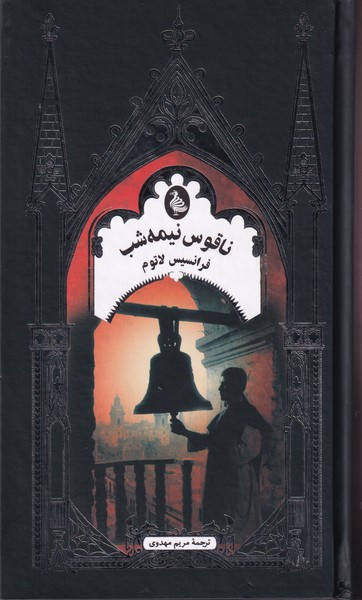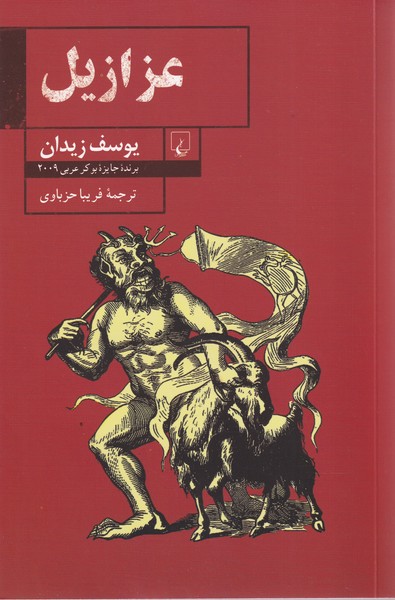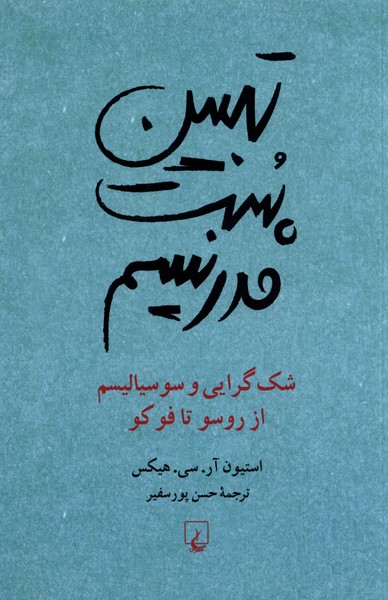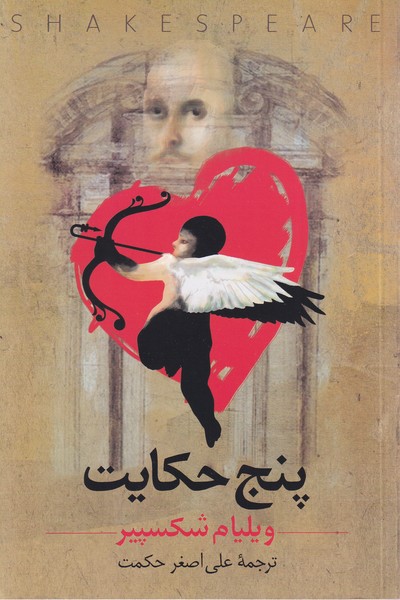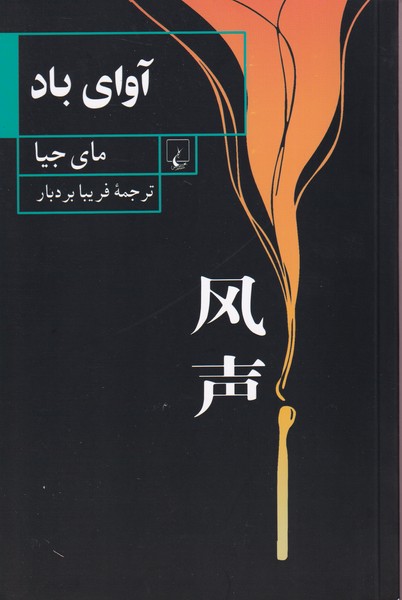Pas az Higil: Persiska (Farsi) 1400
پس از هگل
212 SEK
Dela
Wishlist
Originaltitel:
After Hegel: German Philosophy
,
1840–1900
ISBN:
9786002784483
Översättare:
Mas'ūd āzarfām
Förlag:
Quqnus
Åldersgrupp:
Vuxen
Sidor:
344
Vikt:
450 g
Produktmått:
14 x 21 x 3
,
1 cm
Bokomslag:
Pocketbok
Histories of German philosophy in the 19th century usually focus on its first half—when Hegel, idealism, and romanticism were dominant. In contrast, the remaining half of the century, after Hegel's death, is relatively neglected, as it is seen as a period of stagnation and decline. But Friedrich Beiser argues that the second half of the century was actually one of the most revolutionary periods of modern philosophy, because the nature of philosophy itself was usable, and the lack of certainty led to creativity and the beginning of a new era. In this concise and innovative history of German philosophy from 1840 to 1900, Beiser does not focus on individual subjects or thinkers, but on five major debates of the period: the identity crisis of philosophy, the materialism controversy, the methods and limits of history, the controversy pessimism And. I will not know the dispute. Schopenhauer and Wilhelm Dilthey play important roles in these controversies, but many overlooked figures include Ludwig Buchner, Eugen Döring, Eduard von Hartmann, Julius Fraunstadt, Hermann Lutze, Adolf Trendelenburg, and two women named Agnes Taubert. and Olga Pobert, play an important role in these writings and ideas. Those who are completely forgotten in the history of philosophy. The result of all this is an extensive, innovative, and surprising new account of German philosophy in the critical period between Hegel and the 20th century.
more
تاریخ فلسفه آلمان در قرن نوزدهم معمولا بر نیمه اول آن متمرکز است - زمانی که هگل، ایده آلیسم و رمانتیسیسم غالب بودند. در مقابل، نیمه ی باقی مانده ی قرن، پس از مرگ هگل، نسبتا نادیده گرفته شده است، زیرا به عنوان دوره ای از رکود و افول دیده می شود. اما فردریک بایزر استدلال می کند که نیمه ی دوم قرن در واقع یکی از انقلابی ترین دوره های فلسفه مدرن بود، زیرا ماهیت خود فلسفه قابل استفاده بود و فقدان قطعیت منجر به خلاقیت و شروع دوره جدیدی شد. در این تاریخ مختصر و مبتکرانه فلسفه آلمان از 1840 تا 1900، بیزر بر موضوعات یا متفکران فردی تمرکز نمی کند، بلکه بر پنج بحث بزرگ آن دوره تمرکز می کند: بحران هویت فلسفه، مناقشه ی ماتریالیسم، روش ها و محدودیت های تاریخ، مناقشه یبدبینی. و.مناقشه ی نخواهم دانست. شوپنهاور و ویلهلم دیلتای نقش مهمی در این مناقشات ایفا می کنند، اما بسیاری از چهره های نادیده گرفته شده از جمله لودویگ بوشنر، یوگن دورینگ، ادوارد فون هارتمان، ژولیوس فراونشتات، هرمان لوتزه، آدولف ترندلنبورگ، و دو زن به نام های آگنس تاوبرت و اولگا پوبرت، نقش مهمی در این نوشته ها و نظریات دارند. کسانی که در تاریخ های فلسفه کاملا فراموش شده هستند. نتیجه ی همه ی این ها یک گزارش جدید گسترده، بدیع و شگفتانگیز از فلسفه آلمان در دوره حساس بین هگل و قرن بیستم است.
more

